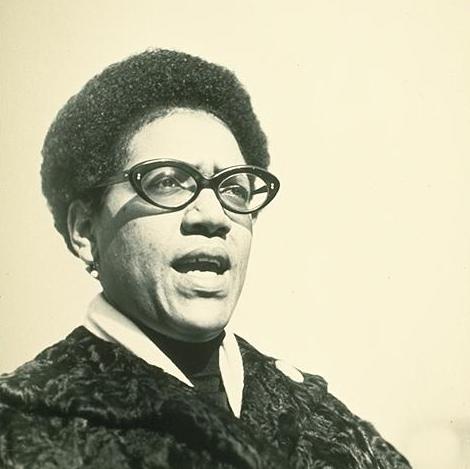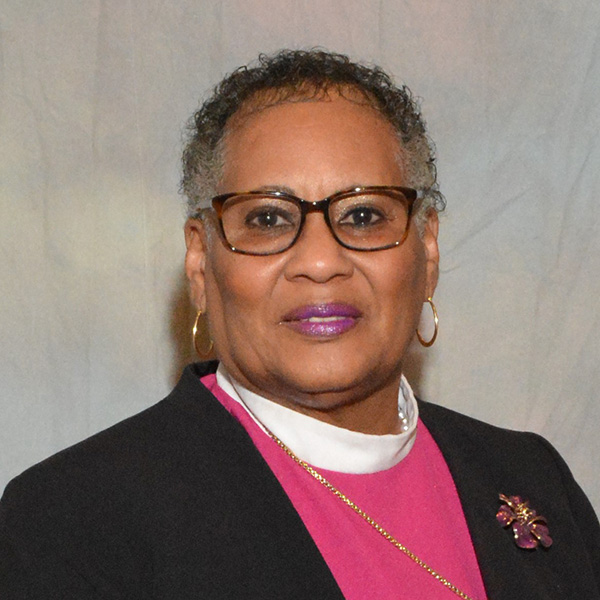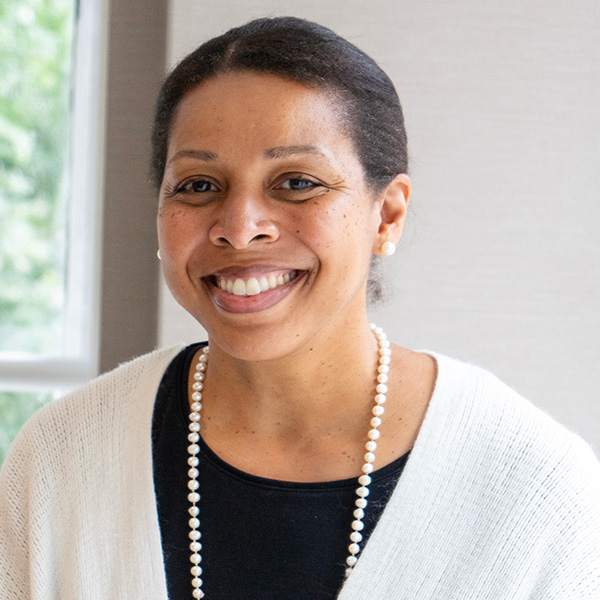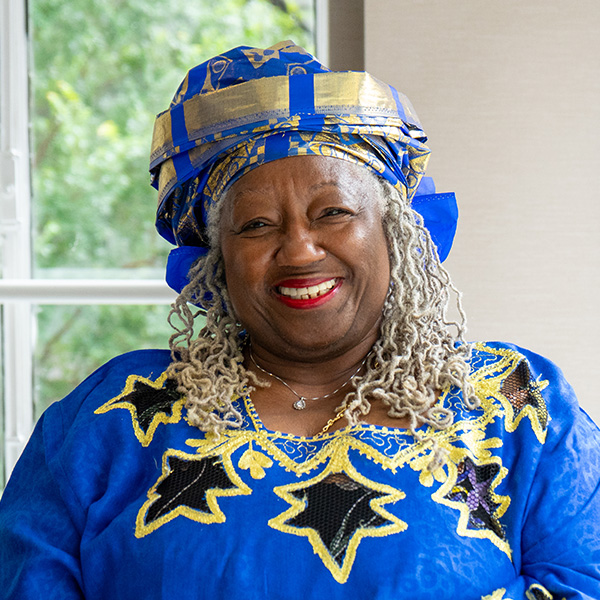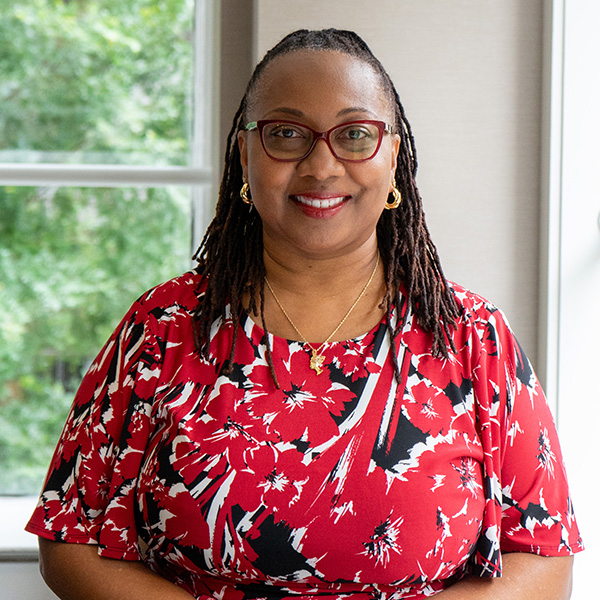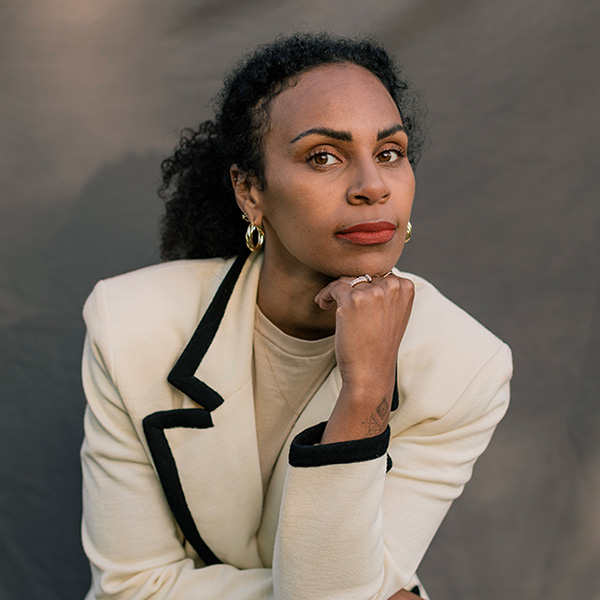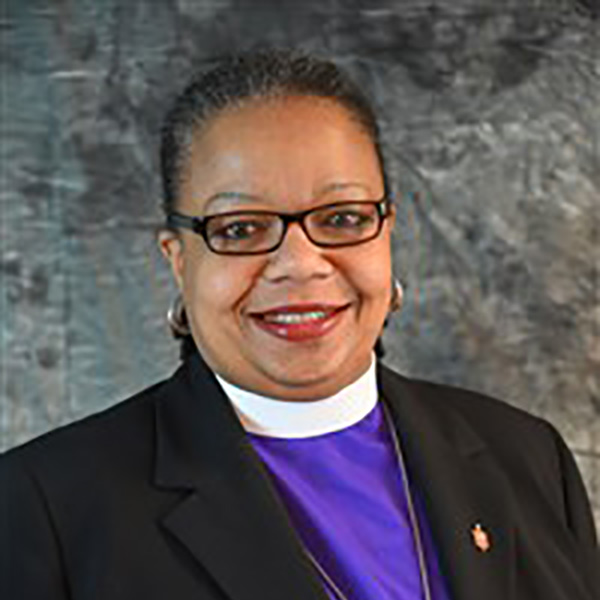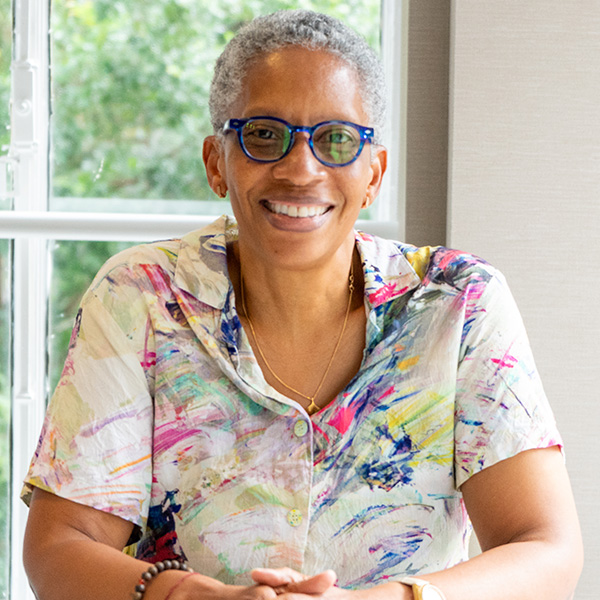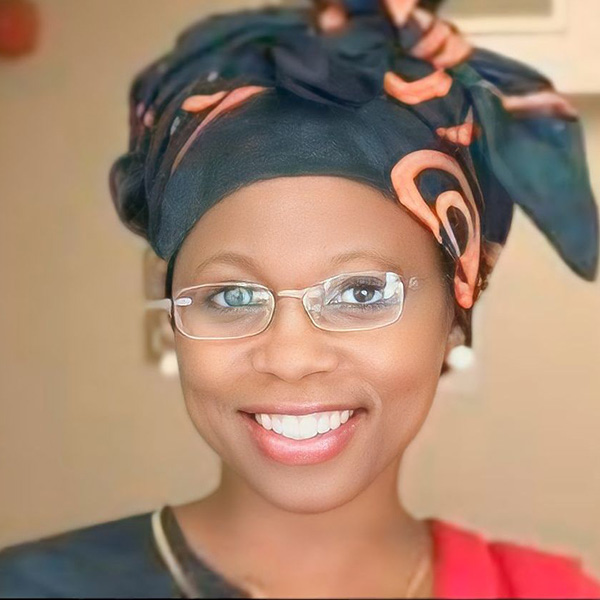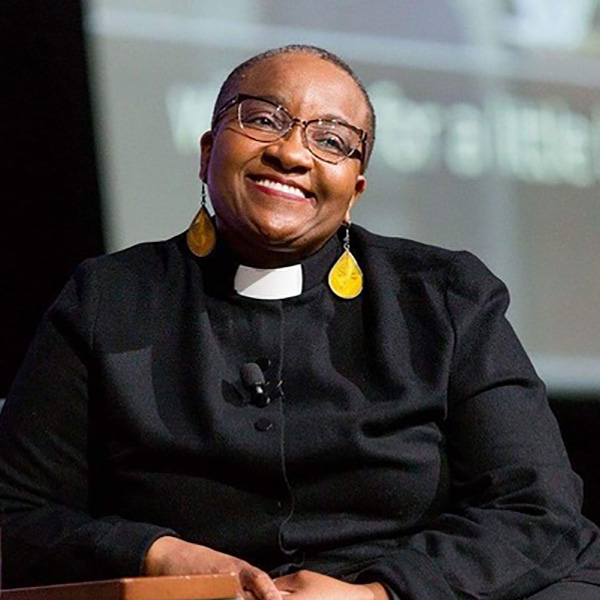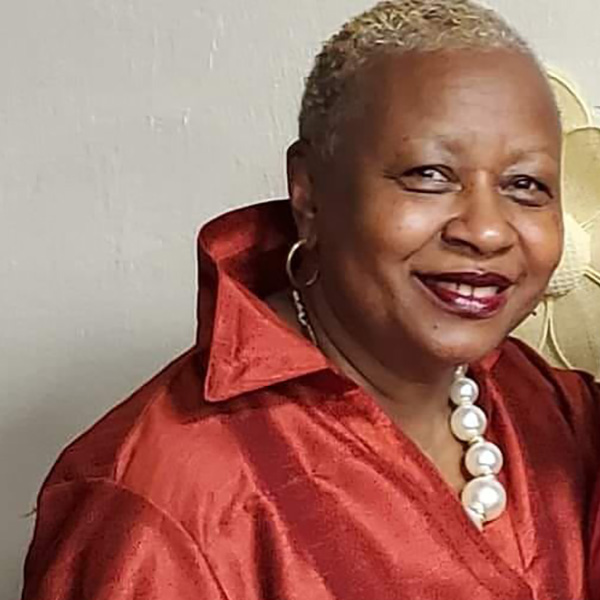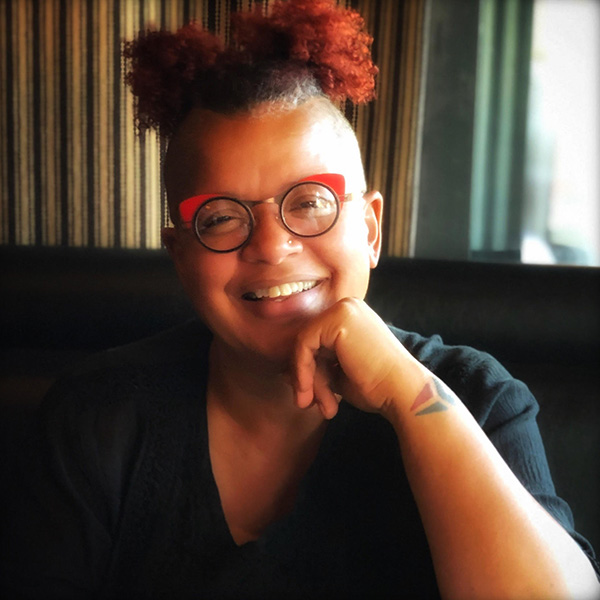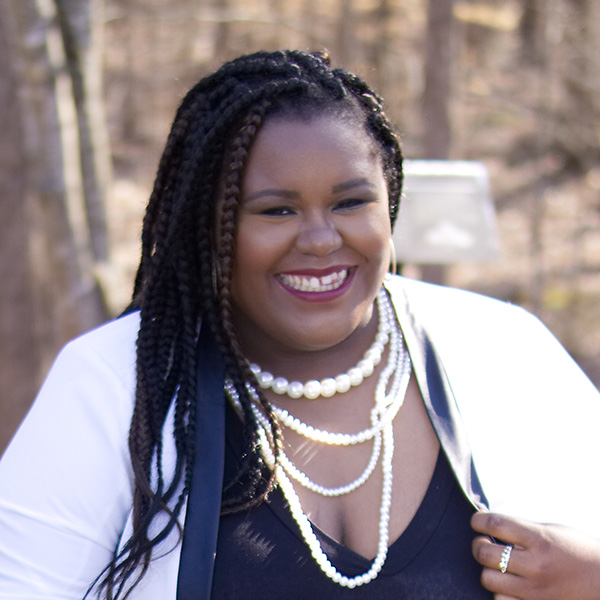Biography
Early Life
Audre Lorde was born February 18, 2934 to immigrant parents, Frederic and Linda Bemar Lorde. They were from Grenada in the Caribbean Islands. Lorde grew up in Manhattan. She attended Catholic School.
Education and Personal Life
Lorde studied at National University of Mexico, Cuernavaca, where she realized her identity as a lesbian and a poet. She transferred and graduated from Hunter College in 1959. She earned a master’s degree from Columbia University in library science in 1961. She worked as a librarian during the 1960s at Town School in New York. She became a professor of English at John Jay College of Criminal Justice and Hunter College.
Lorde married Edward Rollins, who was a white, gay man. They had 2 children and divorced in 1970. After that, her openly lesbian long-term romantic partner was Francis Clayton, a White psychology professor.
Writing, Activism, and Academia
Lorde was a leader in the women’s and LGBTQ movements. Her activism and poetry focused on the liberation of oppressed peoples and organizing across differences. She wrote many essays, poetry, and books about civil rights, opposition to war, lesbian feminism, African American studies, and women’s movements from the 1960s through the 1980s. When her book of poetry, The First Cities, was published in 1968, Lorde was asked to become poet-in-residence at Tougaloo College, Mississippi.
She wrote six collections of poetry between 1968-78. Lorde wrote the poem, “Power,” to express her rage, after Thomas Shea, who was a White undercover officer, was acquitted for shooting and killing 10-year-old Clifford Grover in 1973.
Lorde was influential in the Black Arts Movement.
The Goddesses of African Mythology became a source of spiritual connectedness and strength for her during her trip to Benin with her children. As a result she wrote Black Unicorn in 1978.
Lorde spoke at the Third World Gay Conference in 1979. She suggested the idea to found a Black women’s publishing house to Barbara Smith during the 1980s. Barbara Smith then founded Kitchen Table: Women of Color Press.
To raise concerns about women experiencing apartheid, Lorde became a founding member of Sisters in Support of Sisters in South Africa. Lorde took the African name Gamba Adisa, meaning “Warrior: She Who Makes Her Meaning Known” as part of an African naming ceremony during her later years.
Articulation of the Erotic and Spirituality–and Influence on Later Theologies of the Erotic
As a poet, essayist, librarian, and activist black lesbian feminist, Lorde articulated a spirituality of the erotic, laying the foundation for Theologies of the Erotic in Christian and other traditions.
In her 1984 book, Sister Outsider: Essays and Speeches, and her 1978 essay, “Uses of the Erotic: The Erotic as Power,” Lorde described her understanding of the energy of love as the erotic. She described the erotic as a relational source of power that comes from sharing with another person. For Lorde, the erotic is deeply spiritual, a personification of love in all its forms. Lorde saw the erotic as a source of joy that exerts ethical demands for the sake of the self. She saw the relational power of the erotic as a source of energy to change the world.
Illness and Writings About Cancer
In 1980, her book, The Cancer Journals, Lorde wrote about her 1977 battle with breast cancer. It was awarded the 1981 American Library Association’s Gay Caucus Book of the Year Award. The book filled gaps in books and coping models for lesbian and Black women facing cancer. It included a feminist critique of the medical profession. Her second book about her cancer struggle, A Burst of Light, 1988, was awarded the 1989 National Book Award.
Lorde moved to St. Croix in the Virgin Islands with her partner Gloria Joseph after her previous relationship ended. They founded several charitable and activist organizations in St. Croix. When Hurricane Hugo decimated the islands, Lorde and Joseph wrote Hell Under God’s Orders to describe their experiences and the inadequate government response. They helped other islanders through their charities.
Lorde won many awards for her writing including being the New York State poet from 1991-1992. Lorde was inducted into the American Poets Corner at the Cathedral of St. John the Divine in 2021, New York City.
